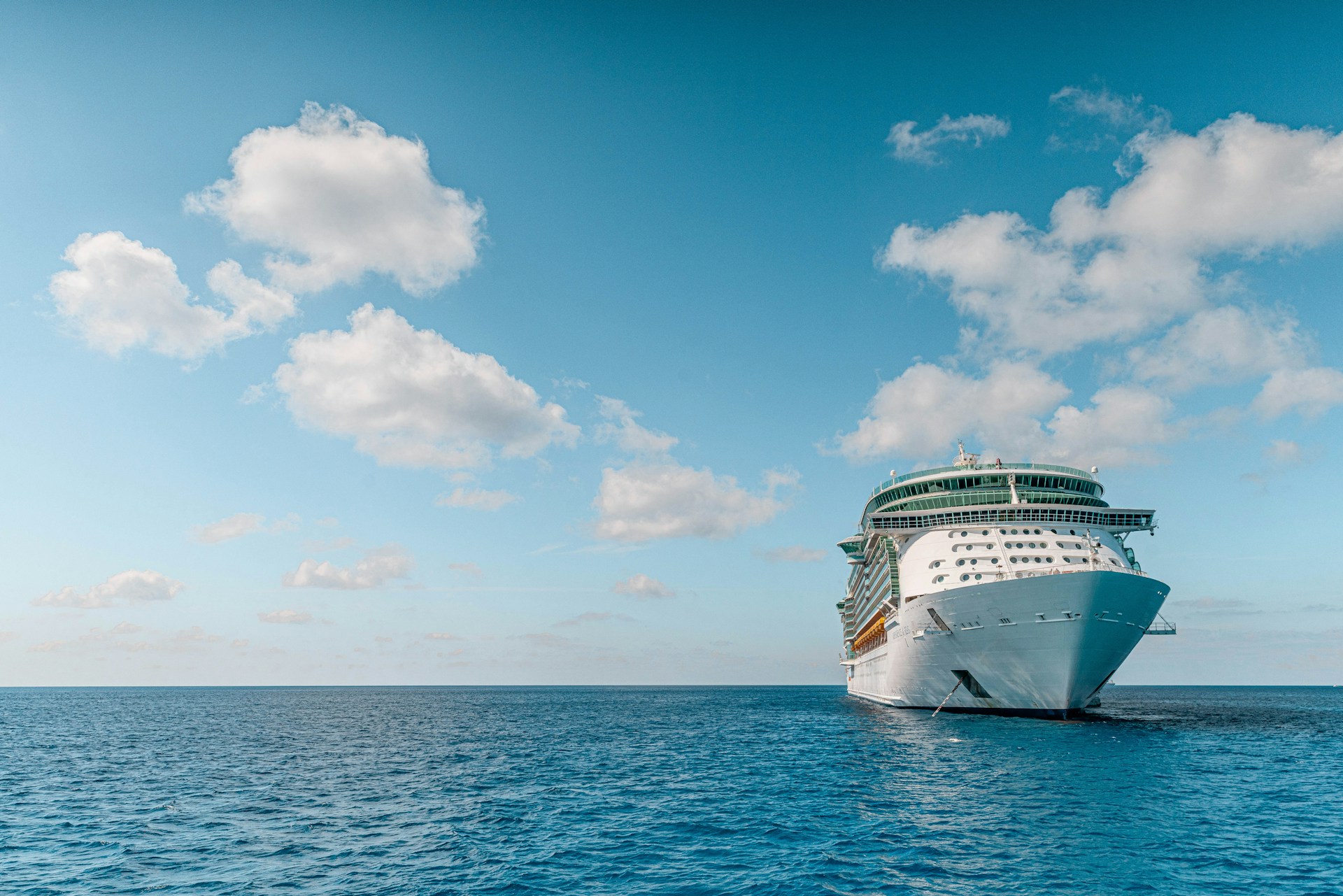Methanol Retrofit of Passenger Ships 'Not Attractive Option'

A recent study by Lloyd's Register, titled 'Fuel for thought: Methanol for Passenger Ships', has concluded that converting passenger ships to use methanol as fuel is significantly less economically viable than alternatives such as blended fuels (Blend B30), heavy fuel oil (HFO), and HFO with onboard carbon capture and storage (oCCS) technology.
The study reveals that the total cost of ownership (TCO) for passenger vessels outfitted with methanol dual-fuel engines exceeds that of using blended fuel, HFO, or HFO with oCCS by more than twofold. The analysis covered a 15-year operational period, assuming that ships spend 65% of their voyage time within EU waters.
Key findings from the Lloyd’s Register Business Advisory team indicate that the high bunkering costs associated with methanol stand as the primary economic hurdle for its adoption. Interestingly, the report suggests that opting for conventional fossil-based (grey) methanol could be more economically appealing for shipowners than a mix of 50% grey, 25% bio-, and 25% e-methanol, even after considering EU emissions taxes.
Despite the economic challenges, the report points out methanol's technical feasibility as a fuel option for reducing carbon emissions in new passenger ships, thanks to methanol’s compatibility with current fuel types. Successful retrofit examples, like the LR-led initiative with Stena Germanica in 2015, demonstrate methanol’s potential. The commitment to methanol is also evident in the global order book, which includes a wide range of passenger vessels, from small inland ships to the largest cruise liners, slated for delivery.